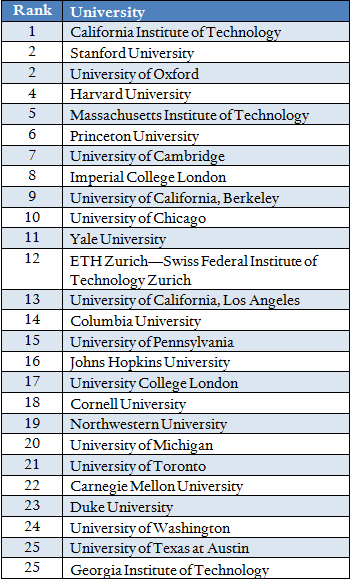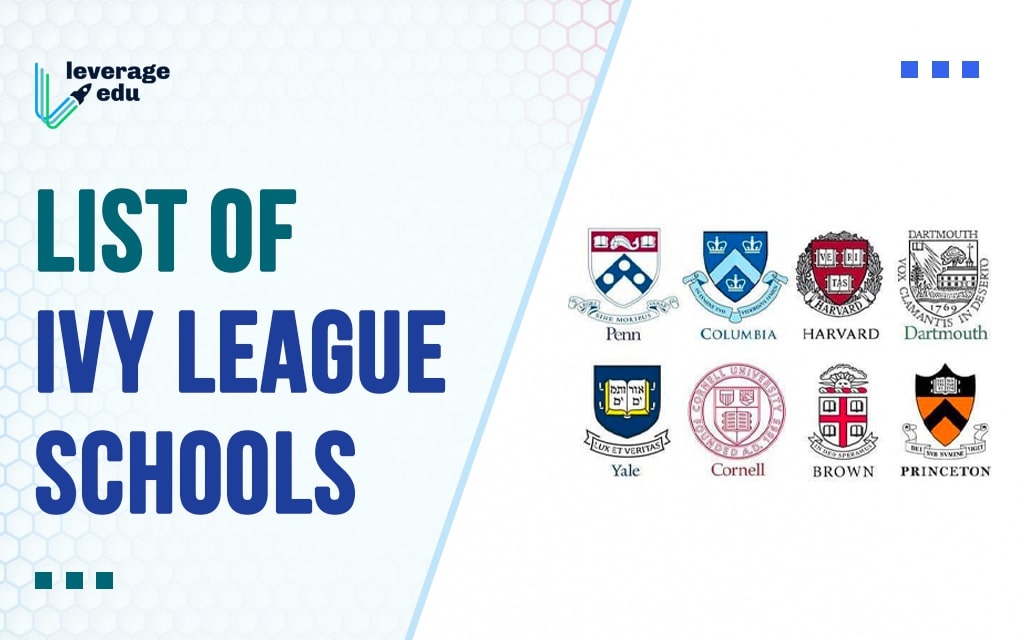Introduction
Selecting the perfect college is a monumental decision that shapes your future. With thousands of options available, it’s easy to feel overwhelmed. One tool that many students and parents turn to for guidance is college rankings. These lists claim to provide a clear picture of the top institutions in the world, but are they the be-all and end-all when it comes to choosing a college? In this blog post, we’ll delve deep into the complex world of college rankings, exploring their value, limitations, and the factors you should prioritize when deciding on the right college for your future.
Understanding College Rankings
College rankings are created by various organizations and publications, such as U.S. News & World Report, Times Higher Education, and QS World University Rankings. These rankings assess colleges based on a range of criteria, including academic reputation, faculty quality, student-to-faculty ratios, financial resources, and more. While they provide a convenient way to compare colleges, it’s important to understand that these rankings have their limitations.
The Limitations of College Rankings
One-Size-Fits-All Approach: College rankings often use a one-size-fits-all approach. They may not account for the specific factors that are most important to you, such as the availability of your desired major, campus culture, or location.
Subjectivity: The criteria used to rank colleges can be subjective and may not align with your personal priorities. For instance, a college’s reputation in a specific field may not be relevant if you’re pursuing a different major.
Incomplete Picture: Rankings can’t capture the entire essence of a college. They often focus on easily quantifiable factors like test scores and graduation rates, leaving out other essential aspects of the college experience, such as extracurricular activities and internship opportunities.
Constant Fluctuation: College rankings change from year to year, making it difficult to rely on them as a stable measure of a college’s quality. What’s top-ranked this year may not be next year.
What Matters Most in Choosing a College
So, if college rankings aren’t the definitive answer, what should you consider when making your choice? Here are some essential factors to keep in mind:
Academic Programs: Your chosen major or field of study should align with the college’s offerings. Look for institutions known for their strengths in your area of interest.
Location: The location of the college can significantly impact your experience. Consider factors like climate, urban or rural setting, and proximity to family and friends.
Size: Some students thrive in small, intimate campuses, while others prefer the opportunities that larger institutions provide. Consider which environment suits you best.
Cost and Financial Aid: College can be expensive, so it’s crucial to assess the cost and availability of financial aid, scholarships, and work-study programs.
Campus Culture: The culture of a college can play a substantial role in your overall happiness. Research the extracurricular activities, clubs, and student organizations to find a place where you feel at home.
Internship and Job Opportunities: Investigate the college’s track record for helping students secure internships and job placements. A strong career services department can be invaluable.
Student-to-Faculty Ratio: Smaller class sizes often mean more personalized attention from professors. If this is important to you, be sure to check the student-to-faculty ratio.
Reputation in Your Field: If you have a specific career goal in mind, research which colleges have strong connections and reputation in that field.
Diversity: Consider the diversity of the student body and faculty, as it can enrich your college experience and provide a broader perspective on the world.
Financial Stability: Investigate the financial stability of the college. Ensuring the institution is financially sound can give you peace of mind about the continuity of your education.
The Role of College Rankings
While college rankings should not be the sole factor in your decision-making process, they can still provide valuable insights. Use them as a starting point to identify colleges that align with your academic goals. Once you’ve narrowed down your options, delve deeper into the specifics of each institution to make an informed decision.
Conclusion
Choosing the right college is a significant decision that should be based on a holistic understanding of your personal preferences, academic goals, and future aspirations. College rankings offer a useful glimpse into a college’s strengths, but they shouldn’t be the sole deciding factor. Take the time to research and visit the institutions that interest you, talk to current students, and consider the factors that matter most to you. Ultimately, the best college for you is the one that aligns with your dreams and goals, ranking aside.
In the end, the most valuable college ranking is the one you create for yourself by finding the institution that best fits your unique path.






